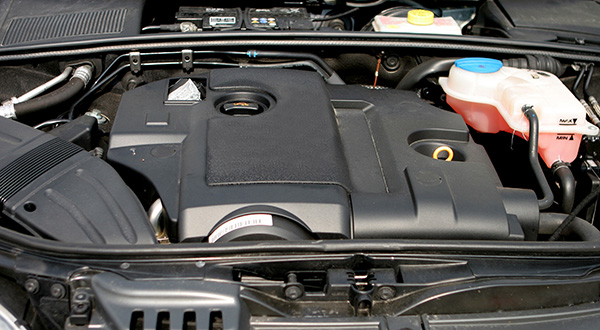
You’re sitting at a red light, your car’s engine is running, and suddenly, you feel an unexpected shake or vibration. What could be causing this? Car vibrations at idle can indicate an underlying issue that needs attention. Identifying the reason behind these vibrations is key to keeping your vehicle in good health and avoiding potentially costly breakdowns. Let’s explore the common causes of car vibrations when idle and what you can do to fix them.
Engine Misfire
One of the primary reasons your car may vibrate when idling is an engine misfire. In simple terms, a misfire occurs when one or more of the engine’s cylinders fail to ignite properly. This disrupts the engine’s rhythm, leading to noticeable vibrations.
Misfires can happen for several reasons:
- Faulty spark plugs: Worn or dirty spark plugs can fail to ignite the air-fuel mixture in your engine, causing a misfire.
- Clogged fuel injectors: When fuel injectors are dirty or clogged, they don’t deliver the right amount of fuel to the engine, leading to misfires.
- Ignition coil problems: A malfunctioning ignition coil can prevent the engine’s spark plugs from firing correctly.
If you notice rough idling combined with a drop in engine performance or a check engine light, there’s a high chance a misfire is to blame.
Worn or Damaged Engine Mounts
Engine mounts are responsible for holding your engine securely in place while absorbing the engine’s vibrations. Over time, these mounts can wear out or become damaged, causing the vibrations that they’re supposed to dampen to become more noticeable when your car is idle.
If engine mounts are the culprit, you may feel the vibrations intensify when you switch the car from “Park” to “Drive” or “Reverse.” While this issue doesn’t always require an immediate fix, ignoring it for too long could cause further damage to other components of your car. Replacing damaged engine mounts will typically resolve the issue.
Dirty or Clogged Air Filters
When was the last time you checked your car’s air filter? A dirty or clogged air filter restricts the flow of air into the engine, leading to an improper air-fuel mixture. This imbalance can cause your engine to struggle at idle and produce vibrations.
A clogged air filter can also affect your car’s overall performance, reducing fuel efficiency and power. Replacing a dirty air filter is an inexpensive and simple fix that can noticeably impact your car’s performance, including eliminating those annoying vibrations.
Vacuum Leaks
A vacuum leak occurs when unmetered air enters the engine, disrupting the proper air-to-fuel ratio. This imbalance can cause the engine to idle roughly, leading to vibrations. Vacuum leaks are often tricky to detect, as the issue could stem from a cracked or loose hose, gasket, or other components in the intake system.
Common vacuum leak symptoms include hissing noises from under the hood, a check engine light, and poor engine performance. Fixing a vacuum leak typically involves finding and repairing or replacing the damaged hose or gasket.
Faulty Idle Air Control Valve (IACV)
The Idle Air Control Valve (IACV) is responsible for regulating the amount of air that enters your engine when the car is idling. If this valve becomes dirty or fails, it can cause irregular idling, resulting in vibrations or even stalling.
The IACV can often be cleaned or replaced relatively easily, and doing so will likely restore a smooth idle and eliminate the vibrations. Keeping your car’s throttle body clean can also help prevent issues with the IACV.
Transmission Issues
If your car has an automatic transmission and you’re feeling vibrations while idling in “Drive” or “Reverse,” the problem may be linked to the transmission itself. A malfunctioning transmission or worn transmission fluid can make your car feel shaky when stopped.
In some cases, simply changing the transmission fluid may resolve the issue. However, a more extensive repair or replacement might be needed if the transmission is damaged or has significant wear.
Exhaust System Problems
Issues with your car’s exhaust system, such as a loose or damaged exhaust pipe, muffler, or catalytic converter, can also cause vibrations while idling. These vibrations typically occur when there’s a disruption in the exhaust flow, which can create abnormal sounds and shakes.
Pay attention to any unusual noises, especially rattling or knocking sounds from the rear of the car. Repairing or replacing damaged exhaust components can restore normal operation and reduce vibrations.
Is your car shaking at stop lights? Don’t ignore those vibrations! Visit Kaufman's Auto Repairs today for a thorough inspection. Our experts will diagnose the issue and get you back on the road without the shakes.